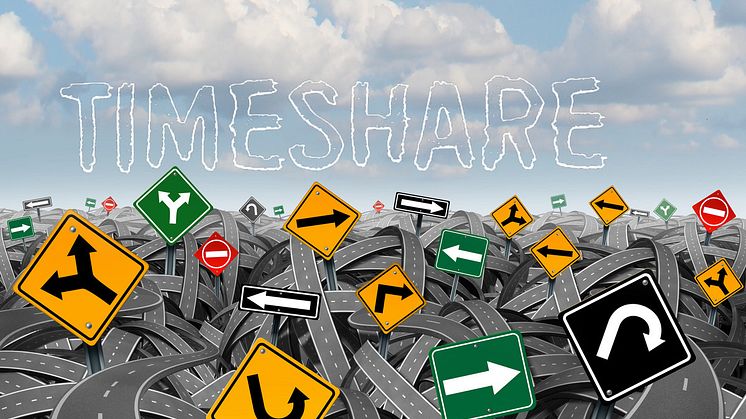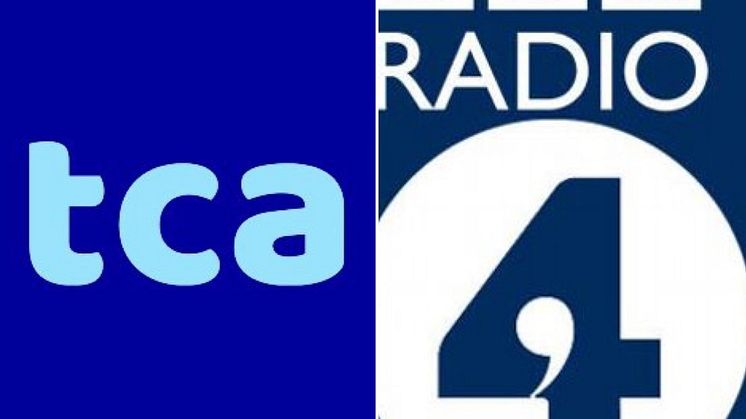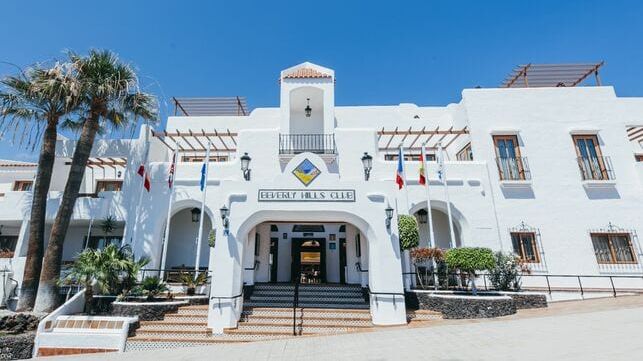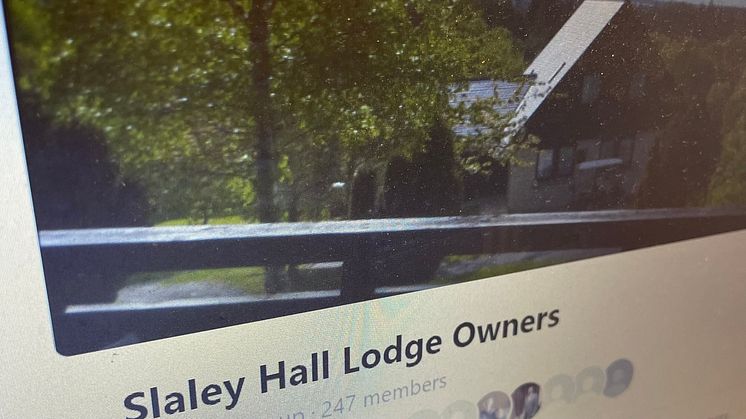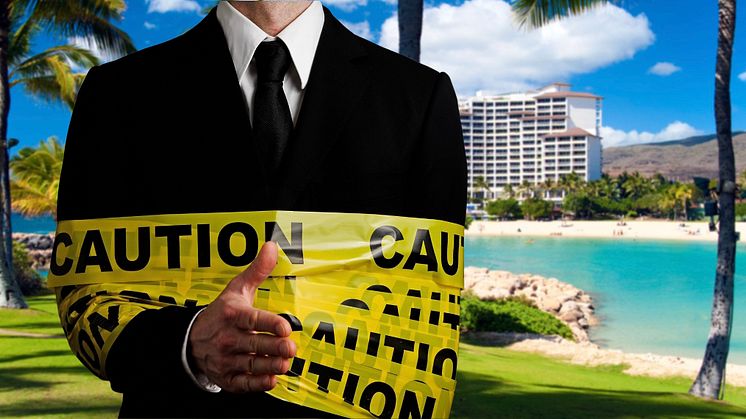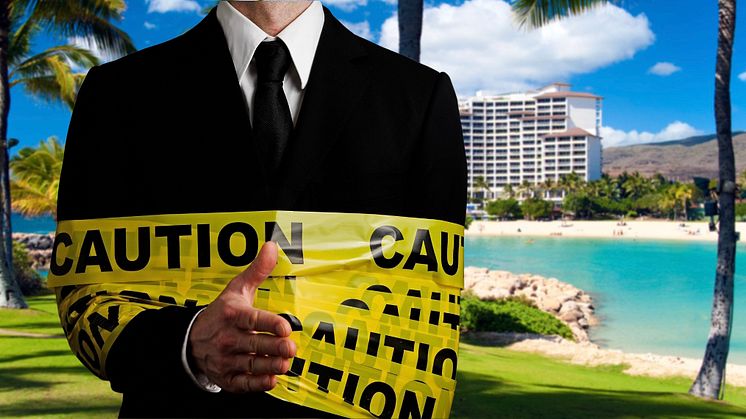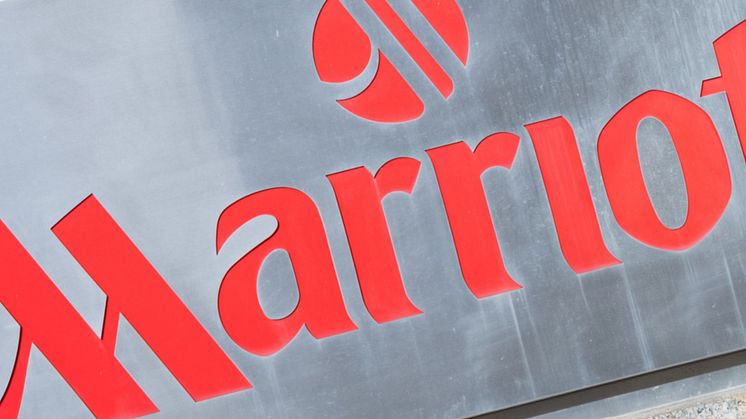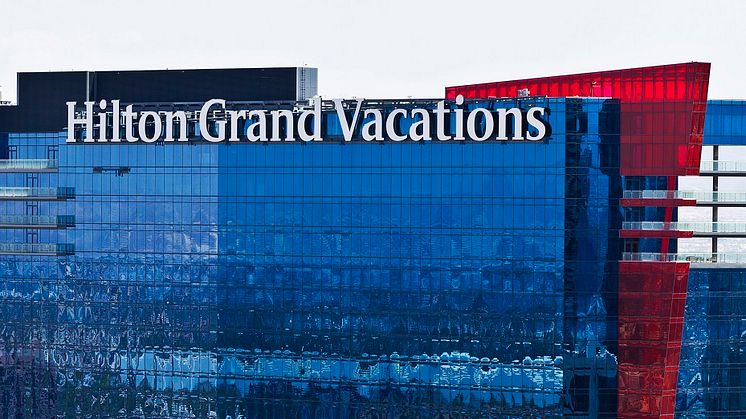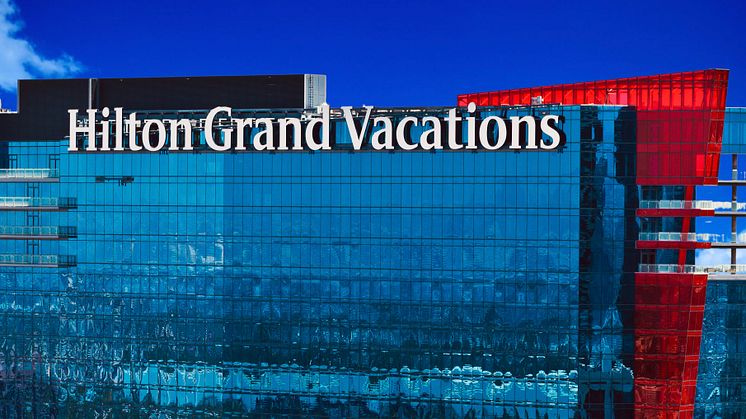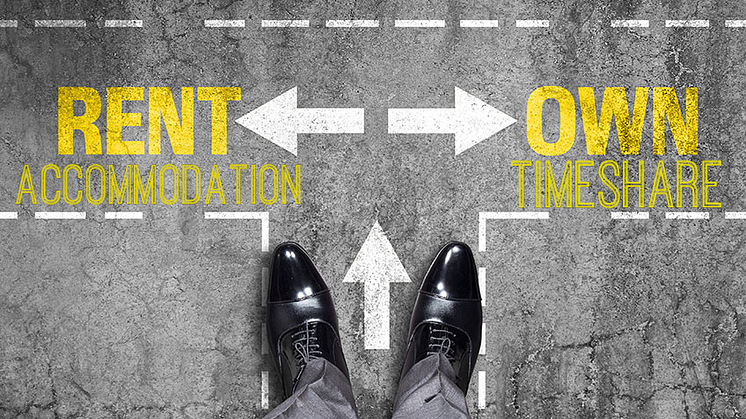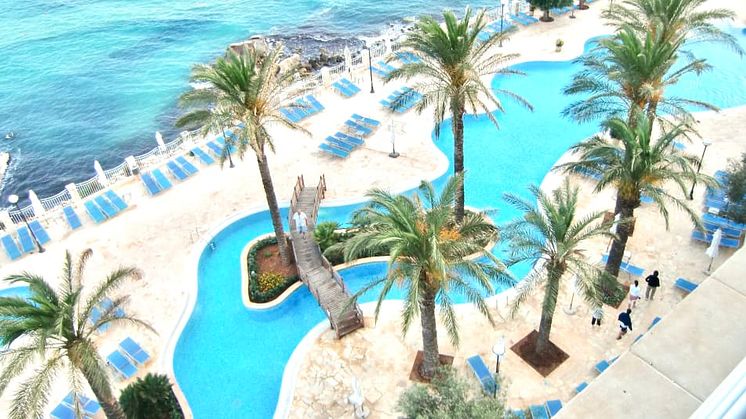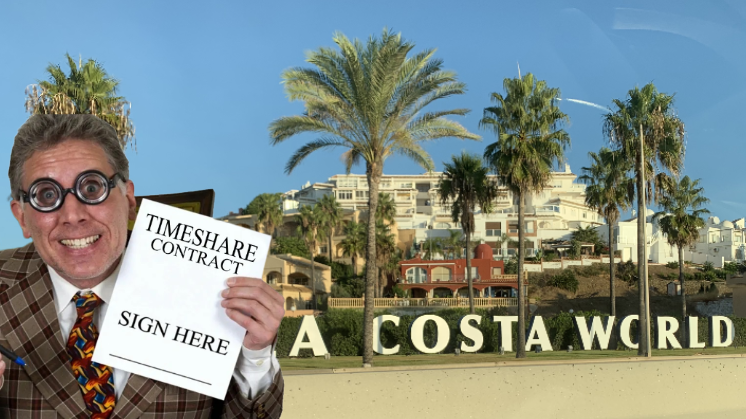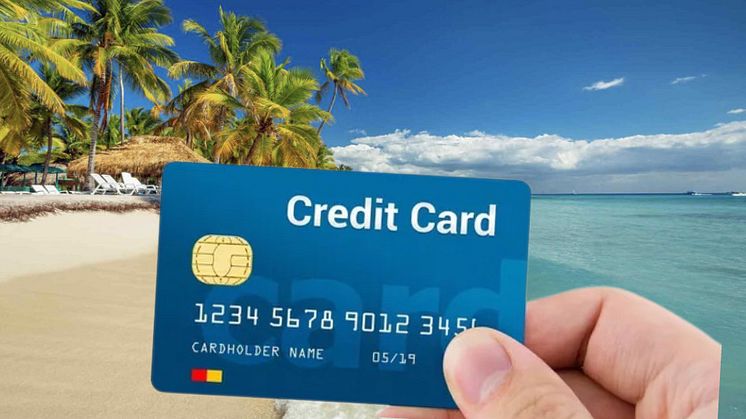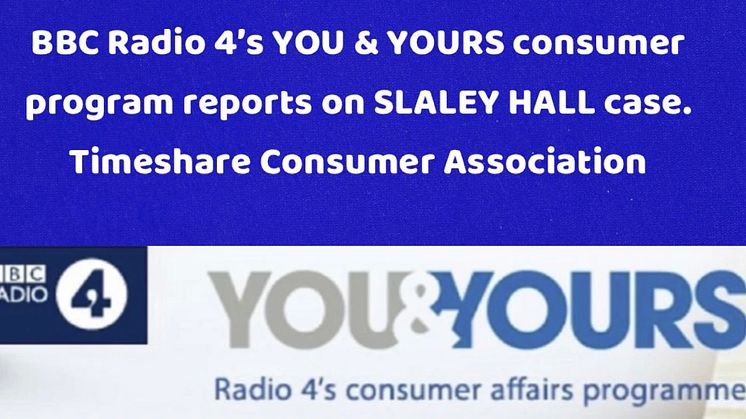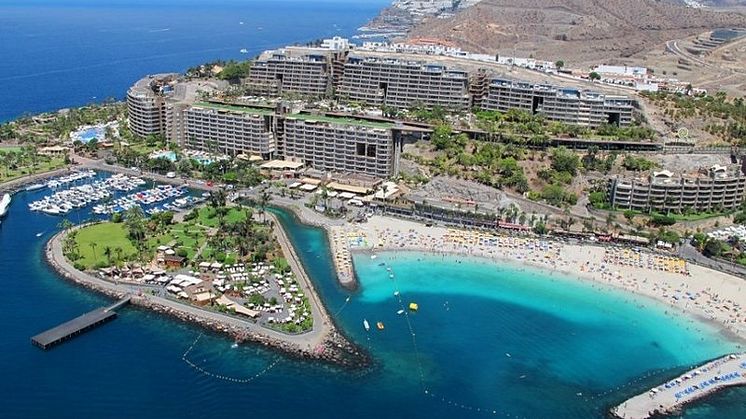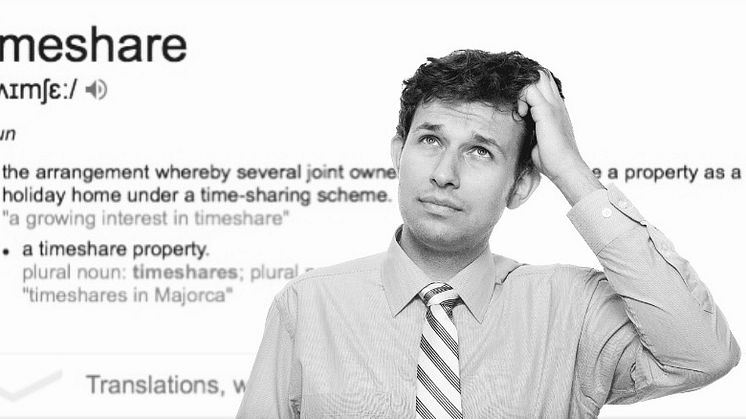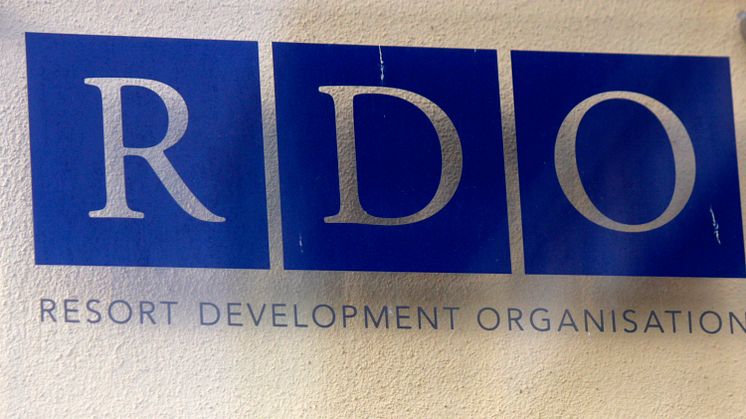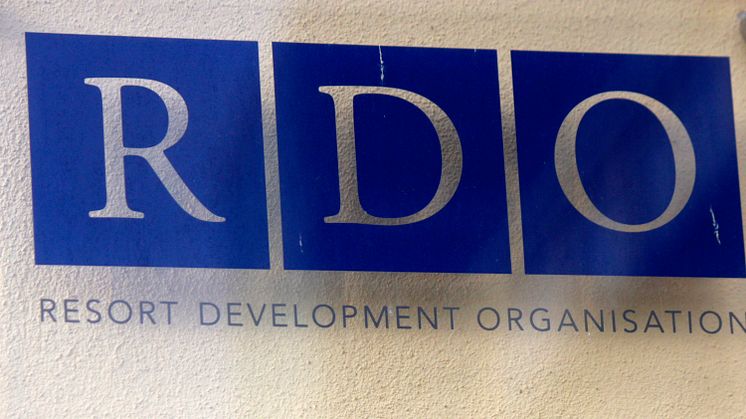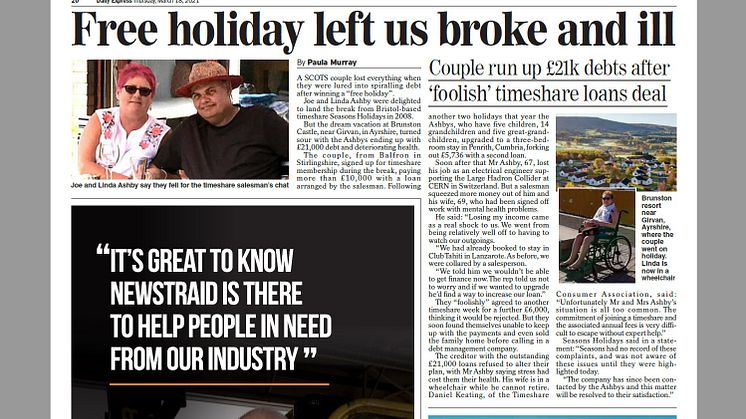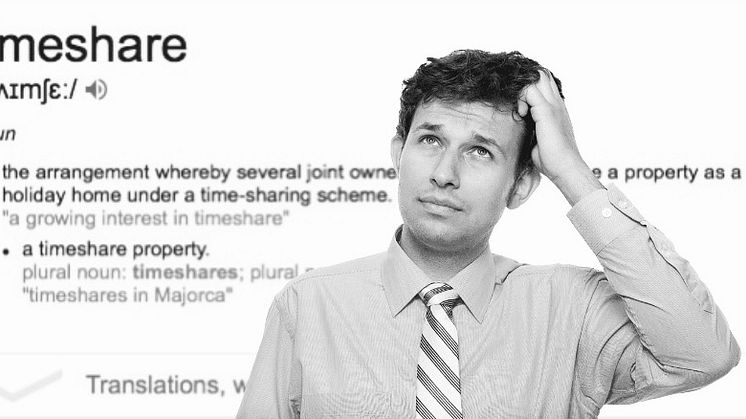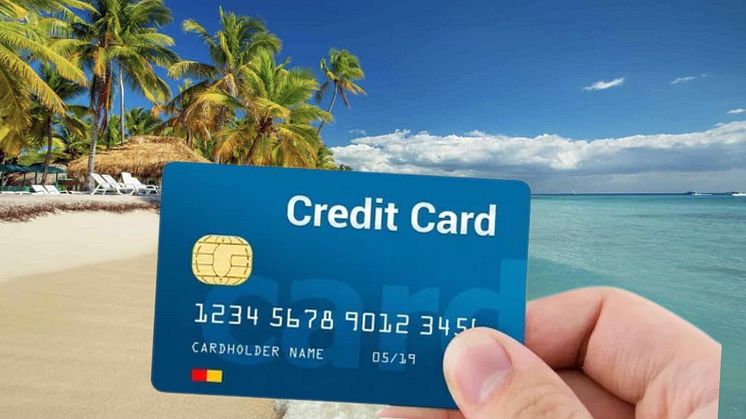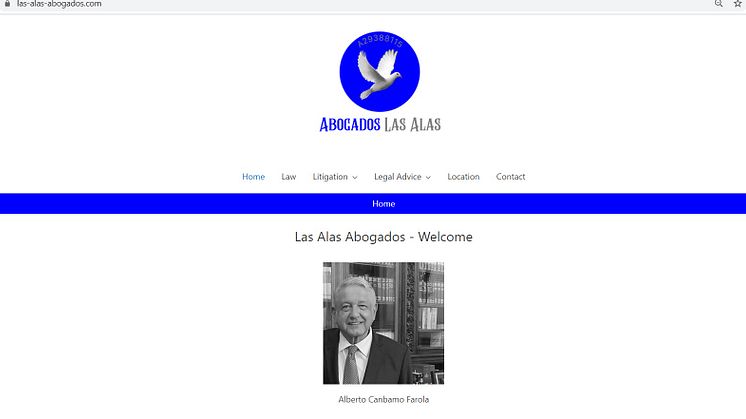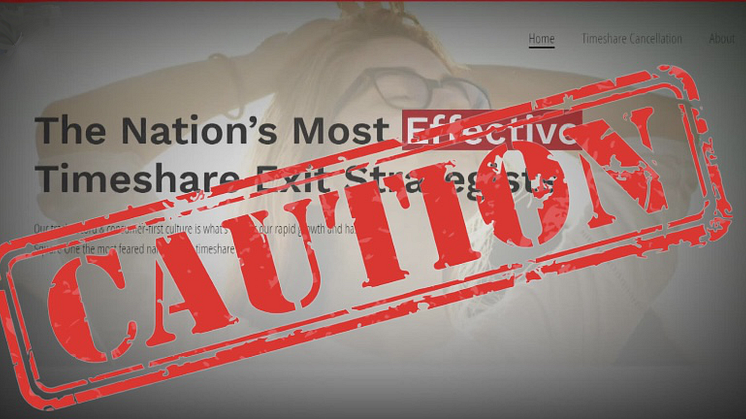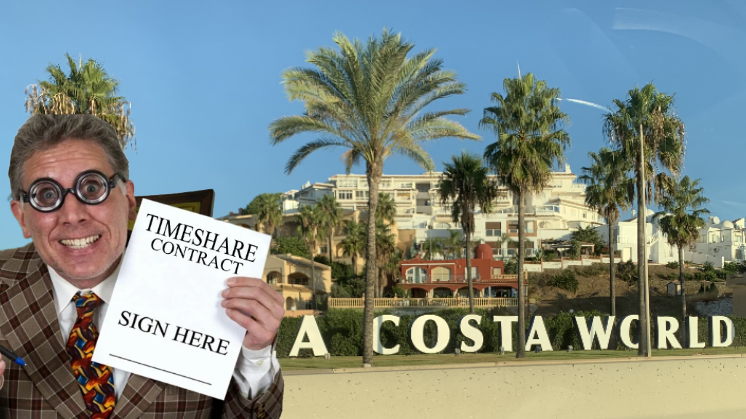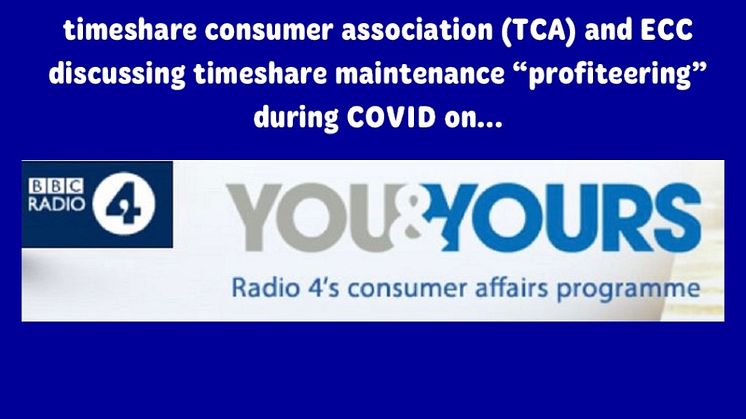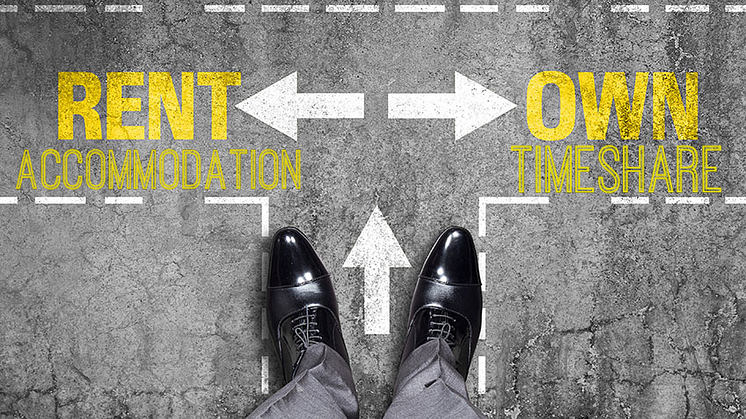
Blog post -
Timeshare ownership vs regular hotel stays. Cost comparison
No longer exclusive
20 million households worldwide holiday via timeshare memberships. Most of these people joined via a sales presentation extolling the benefits of ownership.
In the past, two main benefits were the higher standards and exclusivity of staying in a private members' club.
These factors no longer apply in most cases as what started out being private, luxury, purpose built timeshare resorts around the world now accept bookings from all sources including Booking.com, Expedia and Trivago.
This article will therefore examine the financial aspects of both types of holidays: What does the timeshare owner's initial outlay get them? We compare the costs of ownership vs regular holiday rentals.
Does the traditional property logic of "ownership makes more financial sense than renting" apply to timeshare purchases?
Parameters
We will have to set parameters that will affect the outcome of this (admittedly unscientific) investigation. The first will be to discount inflation and use today's costs throughout.
For this exercise we will assess a typical British couple's vacations over two decades. We considered this a useful timeframe in that most people's needs will change significantly over twenty years. Kids will arrive or grow up. People´s incomes will grow as they advance in their career or maybe shrink as they retire. So a final criterion will be that after the ownership serves its original requirements for 20 years it will be sold to recoup some of the initial investment.
We accept that these figures are subject to interpretation, and we welcome feedback from both timeshare members and anyone working in the industry.
Up front costs.
This one is easy. The timeshare owners (let's call them John and Mary - a mid income couple aged 25) will be paying £15,000 for a silver (low) season week in Marriott's Marbella Beach Club. They own an asset which they will use for 20 years. There is no resale value and generally timeshare owners have to pay a law firm to get them out of their contract when they reach the end of its useful life.
Our regular holiday makers (Jim and Marcia - also mid income and mid 20s) pay no up front costs.
Timeshare costs - £15,000. Regular holidays - £0
Yearly costs to stay in Marriott
Booking.com has Marriott's Marbella Beach Club listed at £784 to stay the first week in January for Jim and Marcia. This Silver Season week in the same resort has an annual maintenance cost of £828 (€927).
Surprisingly the timeshare couple are paying more annually than the regular holiday couple to stay in the same hotel. Let´s say each couple will stay in Marriott's ten times, and travel to another destination for the remainder of the holiday years.
Timeshare costs - £8280. Regular holidays - £7840
Extra costs to stay in a different location
For the timeshare owners, to stay in another location they need to be a member of an exchange company. The top three are Resort Condominiums International (RCI), Interval International (II) and 7Across (formerly Dial An Exchange). RCI are the biggest, so we will use their figures.
John and Mary´s cheapest 20 year membership option at today's prices is £1004. They also have to pay their regular maintenance fees of £8280. Plus for the ten years they exchange to another destination they have to pay a total of £1840 in exchange fees.
Jim and Marcia are still paying their previous cost (they don't need to be RCI members or pay exchange fees). For convenience we will have both couple's vacationing still in low season and so Jim and Marcia will pay around the same as they did in Marbella. £784/year
Timeshare costs - £11,124. Regular holidays - £7840
Extra holidays, late breaks etc
Both RCI and regular holidays have special offers and last minute deals. The costs are similar and cancel each other out, thus they do not have any bearing on our result.
Total costs
It´s a clear win financially for the regular holiday couple.
While we tried to present a typical holiday pattern for British consumers, we accept that there may be scenarios where timeshare ownership is more cost effective than shown in our example. The initial outlay however is always going to be difficult to overcome with any savings made down the line
Timeshare total costs - £34,404. Regular holidays - £15,680
Conclusion
At first glance it seems like a no brainer. Timeshare ownership no matter how it innovates is always going to be less flexible than going on holiday where, when and how you want. With so much upfront cost, being more expensive also seems unavoidable.
The timeshare expense is nearly double that of regular holidays over the time period we examined. Yet many families all over the world are members, and if the American Resort developers Association (ARDA) are to be believed, 85% of timeshare owners are happy.
So what are we missing?
Jayne Niven, a timeshare contracts and compensation expert with ECC sheds some light: "Most people who bought timeshare didn´t do so to save money, certainly in the last couple of decades" explains Jayne. "At one time new customers were told that as well as improving their holidays the membership would save them money in the long run, but resorts stopped pushing this idea in the early 2000s. Members understood that timeshare didn't have to be cheaper, just better. In the same way that a Porsche costs more than a Hyundai; it's demonstrably better, so it would be unrealistic to expect it to cost less than the Hyundai."
"When many timeshare owners bought their membership they were buying better standards than regular holidaymakers had access to. The timeshare resorts were private, exclusively for members, and people were happy to pay the premium for extra luxury.
"Unfortunately the resorts broke the cardinal rule; with empty inventory and dropping revenues, they decided to rent unused units through regular channels, giving access to everyone, including people who didn't own a membership.
"This solves a short term balance sheet problem for the resort management, but suddenly the one quality that made the extra cost worthwhile to members is gone: the exclusivity.
"Nowadays timeshare membership is not only less flexible, it is more expensive and not exclusive. There no longer exists a convincing reason to pay extra for something they can get cheaper on the internet.
"The decision to rent to non members may well have sealed the fate of the industry..
"As to why ARDA's survey show an 85% satisfaction rating among timeshare owners, we have to remember that ARDA is an entity paid for by the timeshare industry to promote their image. The inference could be be made that the results of a survey commissioned by them is likely to show a favourable result for the timeshare business. Plus there is the familiarity factor. People used to holidaying this way may be happy because they are not aware of how the rest of the travel business has evolved."
Daniel Keating from the Timeshare Consumer Association (TCA) adds: "The timeshare industry has always shown resilience since since it started 60 years ago. It has survived grim publicity and bitter legal challenges. The one thing it may not be able to bounce back from is the decision to give up its exclusivity."
Daniel adds a note of caution: "The TCA gets a lot of calls from people who want to get out of their timeshare memberships. Please be aware that the resorts do not make this easy. Any timeshare owner wanting advice on this subject is welcome to get in touch with us on the contact details below for free, expert advice."
________________________
Timeshare Consumer Association. Contact us on: T: +44 2036704588 or +44 2035193808 (ask for Daniel), E: enquiries@timeshareadvice.org (Address to Daniel).
WhatsApp (message only) +447586871055
TCA provides a central resource of consumer information on timeshare matters for the media and other organisations – We work towards encouraging responsible, honest, timeshare operators. We also publicly expose negative consumer practices and organisations which operate in a manner detrimental to timeshare buyers and owners.
An important part of our mission is to lobby UK and European Governments and regulatory bodies for improved consumer protection in the timeshare environment and collect information on frauds and mis-selling, for action by enforcement authorities.
We are staffed by former and current timeshare owners, as well as former timeshare industry staff. We know our way around the timeshare business
We are a proud member of the UK Small Charities Coalition


